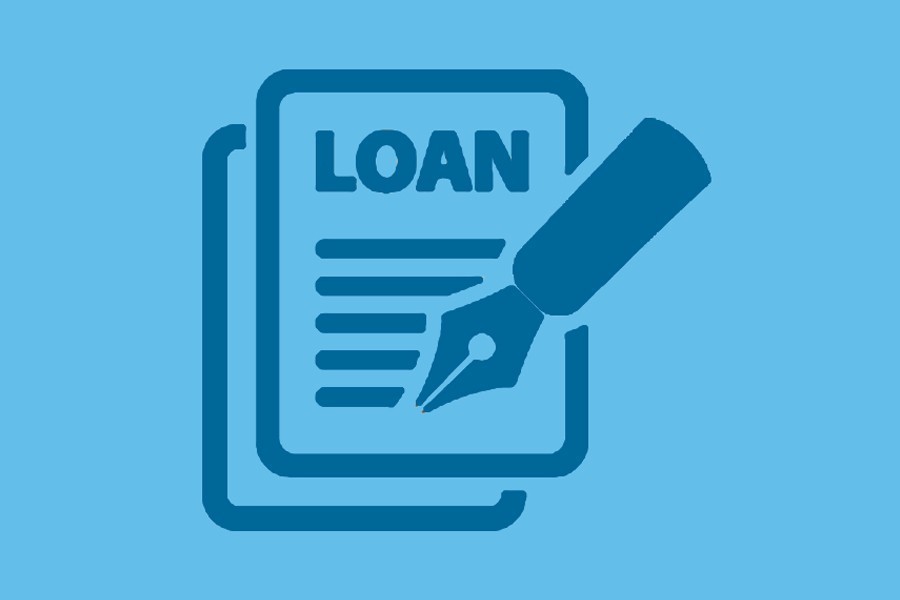
Published :
Updated :

Over the years, the number of micro-credit lenders, both authorised and unauthorised, has mushroomed in the countryside in the name of helping the people in their fight against poverty. Their activities, particularly of the unauthorised ones, have only made matters for these people worse. Especially, taking advantage of lax monitoring of their activities by the government, loan sharks often prey on the victims of calamities both natural and manmade. Against this backdrop, the High Court (HC) is learnt to have directed the central bank on Tuesday (April 12) to prepare a list of such unauthorised organisations and individuals engaged in moneylending in the country and submit it within the next two months. Also, the apex court ordered that complaint boxes were set up in every district and upazila for the common people to register their allegations against these unlicenced moneylenders.
Hopefully, the central bank and other relevant authorities would expedite their efforts in response to the HC order with a view to reining in the said entities unlawfully profiting out of the people's misery. In fact, it is not for the first time that the nation's highest seat of justice has acted on this issue. It is worthwhile to recall in this connection that on September 27 last year the highest court ordered the Bangladesh Bank (BB) governor to form a special committee to look into the activities of the unauthorised financial entities. The HC rule also included the directive that such illegal entities be put down then and there with due legal actions taken against them with the local administration's support. According to a BB report made in compliance with the HC's directive, the central bank, reportedly, wrote to the deputy commissioners (DCs) and police superintendents (SPs) of all the districts to make a list of such entities active under their respective jurisdictions. As the said report further went, the central bank said it would take prompt measures against those financial entities actionable under law.
However, some such unregistered lending organisations had still been continuing their operations taking advantage of lawsuits and writs they lodged with the court in the face of the BB's action, the report further added. Evidently, the central bank and other administrative bodies made respondent to the HC rule are facing resistance from these financial entities, though unaccredited, while implementing the court order. But whatever stratagems they might apply to continue exploiting the impoverished section of the population, they cannot be allowed to continue with their illegal activities indefinitely. In this context, the mainstream formal financial institutions like banks need to come to the aid of the poverty-stricken population who often walk into the loan traps set by these crafty moneylenders.
On this score, the banks and other financial institutions in the formal sector will be required to overcome their shyness about extending mortgage-free, low-interest credit to the low-income, asset-poor people. Once this section of the population gets easy access to the formal banking sector, these informal alternative sources of high-interest credit, whether authorised or not, will gradually retreat from the scene. At the same time, dedicated desks can be set up at the local administrative centres where the victims of these illegal usurers can get quick redress from. Hopefully, the government would come up with prompt measures to free the poor from the clutches of the loan sharks in the country.


 For all latest news, follow The Financial Express Google News channel.
For all latest news, follow The Financial Express Google News channel.